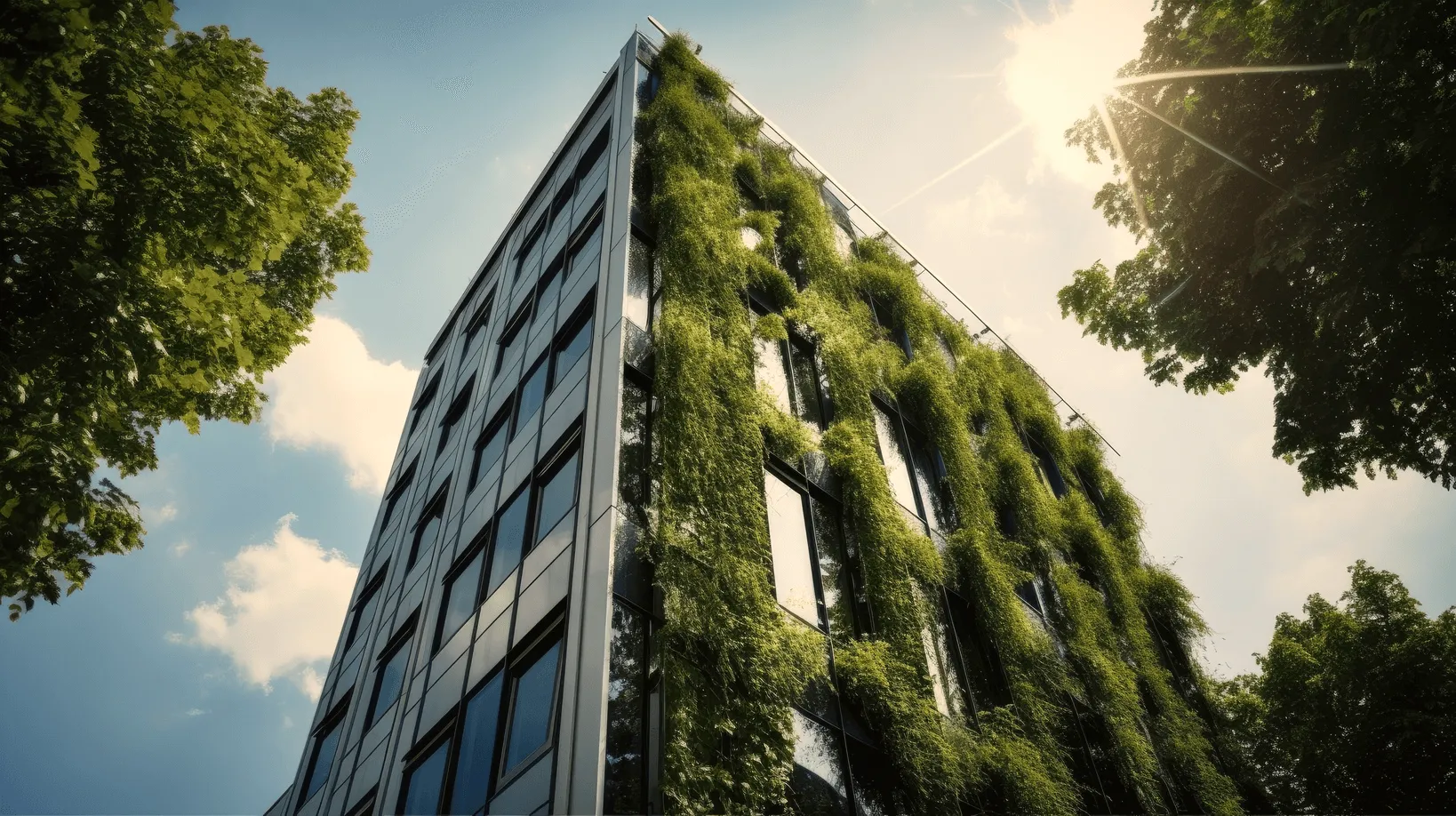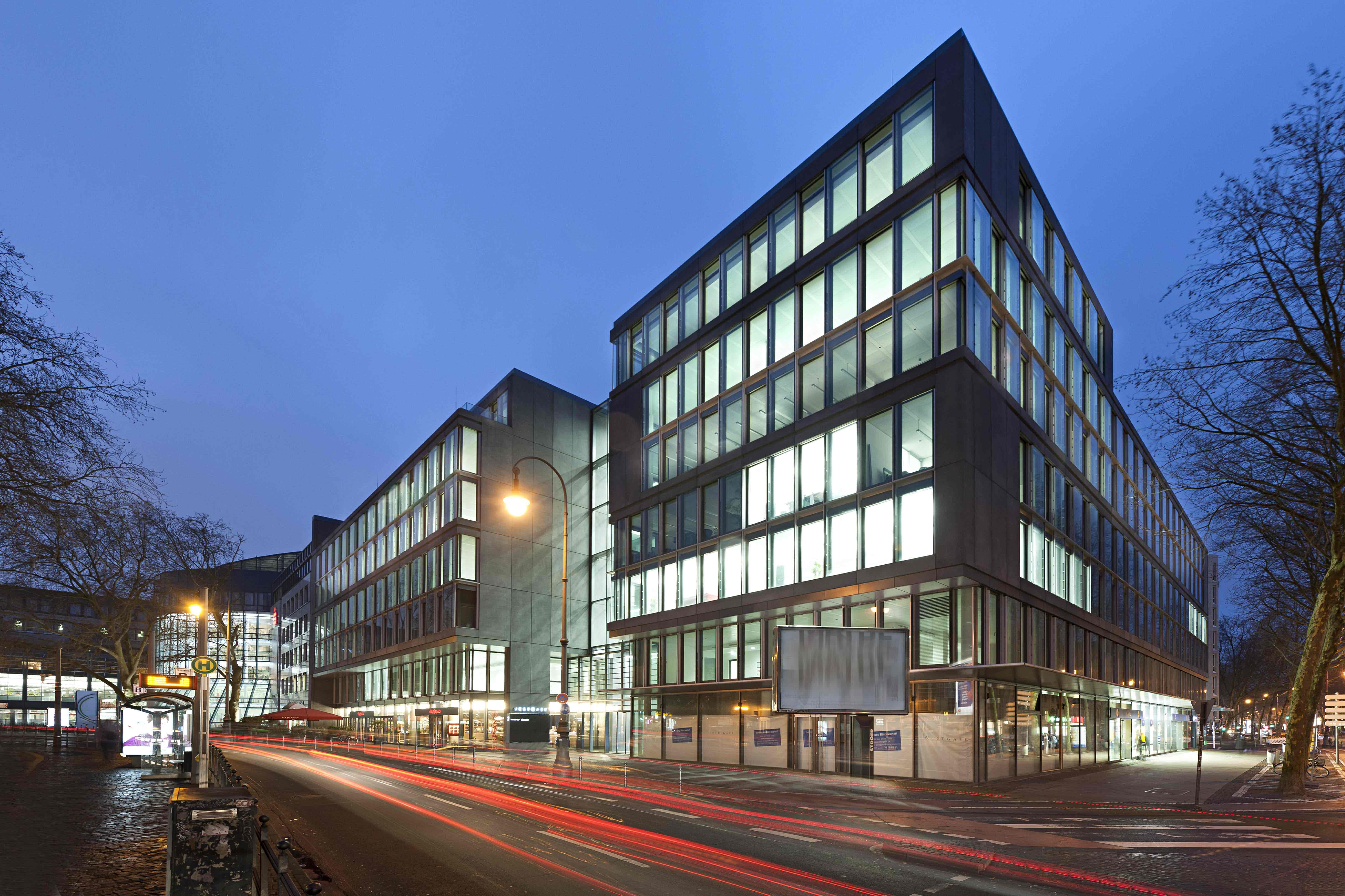
Glossary
aedifion
Energy Transition
The energy transition refers to the political, economic, and technological measures aimed at shifting from fossil fuels like coal and gas to renewable energies such as solar and wind power. In order to achieve the federal government's national and international climate targets, the German Renewable Energy Sources Act stipulates that 80.0 percent of our gross electricity consumption must be covered by renewable sources by 2030. This transition also affects the building sector. According to the Buildings Energy Act (Gebäudeenergiegesetz, GEG), buildings in Germany must be heated exclusively with renewable energies starting in 2045. Unlike coal or gas, renewable energies are nearly inexhaustible but vary in availability depending on weather conditions, time of day, and season. Therefore, measures to increase energy efficiency in building operations play a particularly crucial role in a successful energy transition.
aedifion's AI-based cloud platform captures operational data in real time, identifies malfunctions in technical building systems, and provides clear recommendations for optimization. This enables energy consumption, CO₂ emissions, and operating costs to be reduced by up to 40 percent – without the need for costly renovation work. In addition, our solution aedifion.dynamics understands energy usage patterns within the building and develops strategies for optimizing energy flows as part of a comprehensive demand side management approach.
Success Stories
Buildings Simply Made Better
Get in Touch With US!
In a one-on-one meeting, we will clarify your specific requirements and demonstrate how our AI-based cloud solutions and service packages can benefit you.








